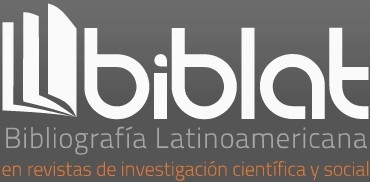The Trace of the Body. Technoscience, Machines and the Fragmented Body
DOI:
https://doi.org/10.35494/topsem.2006.2.16.127Keywords:
-Abstract
Starting from the premise that the body is not and cannot be an
indisputable or incontrovertible fact but it is rather the effect of
different social and cultural constructions, this paper inquires
into some of the subjects related to the interrelationship between
technoscience and the body. In the first part of the paper we try
to support that premise starting with an introduction to
anthropology of the body. Afterwards, different hypotheses are
suggested with respect to this mentioned interrelationship. With
the advances of contemporary medical knowledge and practices,
the body has changed into a fragmented and fragmentable entity.
The tissues, organs and genes are now merchandise of the global
market. Genetics and immunology have significantly contributed
to the atomization of the body. Both have imposed a hegemony
on the gene: the old idea that the body is a prison of the soul has
been displaced and now genes are contained in a mortal and
imperfect body. At the same time, in the current debate on
posthumanism (according to which there are no essential
differences between corporal existence and computer simulation,
between the cybernetic mechanism and the biological organism)
two metaphors are being configured and consolidated: the
incorporeal nature of digital information and the fleshless nature
of human behavior.
Downloads
References
-
Downloads
Published
How to Cite
Issue
Section
License

Tópicos del Seminario is licensed under a Creative Commons Reconocimiento-NoComercial-CompartirIgual 4.0 Internacional License.














